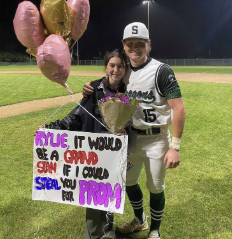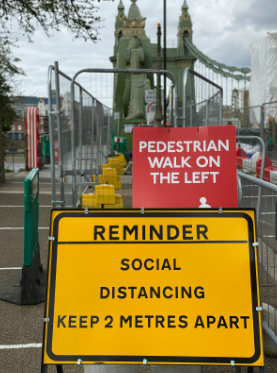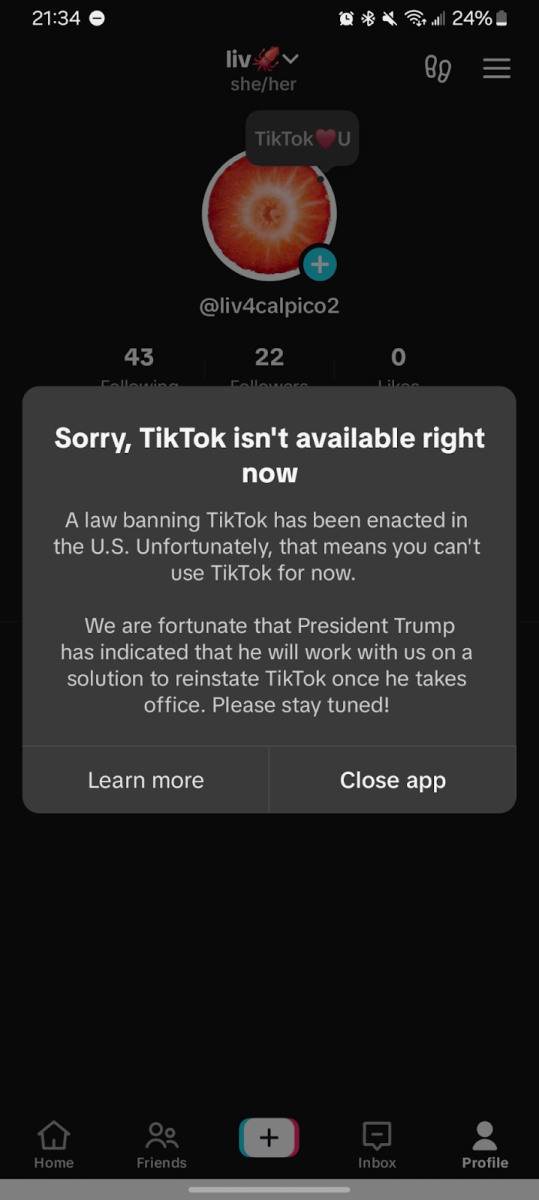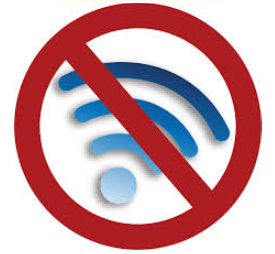Florida Bill on Abortion Restrictions Passes
May 15, 2023
CW: mentions of sexual assault
Governor Ron DeSantis passed a bill on April 13th that would ban most abortions in the state of Florida. The bill passed through the Senate on April 3rd and the Florida House on April 13th.
According to NBC News, Desantis signed this bill “quietly”, and once it was passed by legislature, the bill was announced on April 13th at 11 PM. DeSantis explains that this bill was written in order to “expand pro-life protections and provide additional resources to young mothers and families”.
The ban will be in effect for women who are six weeks into the pregnancy. Opponents of this bill argue that six weeks is before a woman knows she is pregnant, so when she finds out she is pregnant, she will not be able to obtain an abortion if she does want one.
Some students at Central like Senior Emma Fahnestock thinks that the bill meets the lowest expectations for it to be functional. “If it’s medically necessary you can still get one [an abortion] up to that point”.
However, some students believe that this ban is unnecessary. “I think it’s stupid, very stupid,” Senior Laynie Ritchie says. “I think when you’re trying to ban abortions you’re only talking about safe abortions because women always find a way.” She says that even if people disagree with having abortions, there are still cases where it is necessary, such as child pregnancy.
Sophomore Katie Hettinger explains that if women have a medical emergency, the ban is going to hurt both the mother and the baby. “It can be very psychologically and physically traumatizing,” she says.
She also believes that this could negatively affect our country as a whole, “The day Roe v Wade was overturned I feel like it was stressful for a lot of women,” she says. “It’s like we were taking steps forward, and we’re taking so many steps backward, and it’s kinda sad.”
According to CNN, victims of rape, incest, and human trafficking can get an abortion only up to fifteen weeks into the pregnancy, according to the bill, but they need to provide a restraining order, police report, or medical report for evidence.
Ritchie talks about how this can negatively affect women in Florida because it can be hard to find evidence for these situations. “There are rape kits, but that’s pretty difficult to do,” she says.
Fahnestock also mentions that women can still get a doctor’s note to obtain an abortion. Doctors are allowed to do this, but only in person. They are banned from prescribing abortions via telehealth, an app used to communicate with their patients.
Though already passed, this bill will not go into effect unless the Supreme Court overturns its previous decision in Dobbs v Jackson Women’s Health Organization, which nullified the Roe v Wade decision.















































